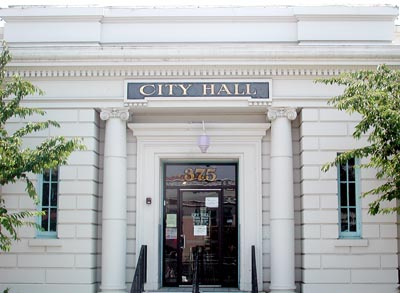Hollister can’t take on long-term debt with short-term money.
It was disappointing hear that some of Hollister’s valued employees might be leaving for better positions because our public purse does not allow us to compete with the nearby economic giants. Still, we cannot take on long-term debts with Hollister’s extra 1 percent transaction sales tax which is short-term money, renewed at the voter’s discretion.
The last time we tried to compete with substantial raises and linked benefits the city incurred more than $11.5 million in crippling debt. It would be foolhardy to get back into that losing position.
Our transaction tax was adopted to avoid massive layoffs and to support critical community services. Our recession is nowhere near over; in FY 2013-14 Hollister received $2.6 million in non-Measure E sales taxes, 22 percent less than the $3.4 million received 13 years earlier in FY 2000-01. Regular, non-RDA, property taxes produced even less, about $1.1 million a year.
Tight budgets and constant attention got us to the point where we did not need all the transaction tax funds just to survive, we can do some other important things, but that does not mean we should use the excess carelessly, and especially not for long-term commitments.
City of Hollister 2014 Full-time/Full-year Employee Compensation by the Numbers:
Employees: 128. Avg. Total Wages: $82,181 Avg. Total Benefits: $31,184. Avg. Total Compensation: $113,365 .
Total Compensation Range / No. of Employees: >$200k / 6, $151K – $199k / 21, $100k-$150K / 41, <$100K / 60.
(Calculated from Compensation Data Supplied by the City of Hollister)
Marty Richman is a Hollister resident.










